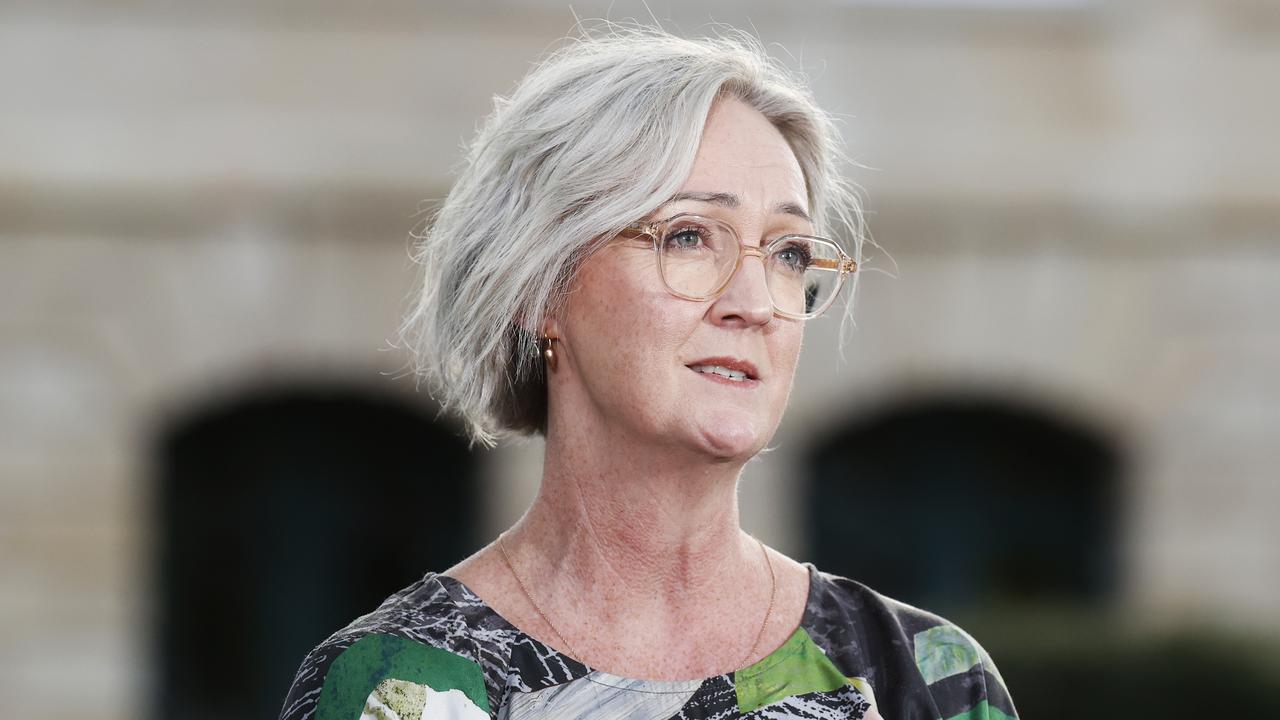The search for peer support workers in Tasmania with mental health lived experience
An innovative program is bringing more lived experience to the mental healthcare sector. How it will help with statewide job shortages.

For many Tasmanians navigating a mental health crisis or living with a lifelong diagnosis, employment prospects and CVs may feel like the last thing on their minds.
But a new training hub launched by the Mental Health Council of Tasmania (MHCT) aims to change that, leveraging the unique insights of people with lived experience of mental illness to address the critical demand for peer support workers across the state.
“This is really quite a different approach to other jurisdictions in Australia, and part of the reason for that is we’re a little bit behind the rest of the country when it comes to really being able to expand and support our lived experience workforce,” said MHCT CEO Connie Digolis.
Ms Digolis noted that there are over 150 full-time vacancies for mental health peer support workers statewide, spanning roles in hospitals, community outreach programs, and more.
“This represents a huge opportunity for employment for people living with a mental health condition,” she said.

As mental health issues rise across Australia and waiting lists for specialised services stretch to years, the need for lived experience expertise is more critical than ever.
“Working alongside and listening to people with lived experience and their expertise is becoming a really high priority for a number of different sectors, not just in the health space” Ms Digolis said.
The training hub’s initial focus is ensuring participants are at the “right point in their recovery” before embarking on the program.
A one-day workshop, hosted in MHCT’s bright new training space in downtown Hobart, covers key topics such as privacy, disclosure, and boundary-setting. Those who wish to continue can access multi-day training programs and tailored support to transition into the workforce.
MHCT’s Lived Experience Workforce Project Officer, Rhiannon Hamilton, knows first-hand the importance of peer support. Having lived with mental ill-health herself, she now trains others to enter the field.
“The training is able to meet people where they’re at, and they can have some really crucial reflections on their journey, as well as learning essential peer work skills like boundaries and purposeful disclosure,” Ms Hamilton said.

After recovering from her own crisis, Ms Hamilton became a mental health peer support worker before moving into her current role — a transition she describes as deeply fulfilling.
“There has been lots of personal growth for me. It’s definitely further cemented my recovery to be able to walk alongside other people needing some help,” she said.
“It has been very rewarding too, to be in a workplace where my experience [of mental ill-health] in my back pocket all the time has been a real asset.”
Ms Hamilton recalled how having her own peer support worker during recovery inspired her to pursue the role.
“I didn’t ask my peer support worker too many questions about what they’d been through; I just knew they’d been through something similar to me,” she said.
“For me, that was enough to feel safe in that setting and to debrief a little bit, but also set some goals for my future.”
eleanor.dejong@news.com.au
More Coverage
Originally published as The search for peer support workers in Tasmania with mental health lived experience




